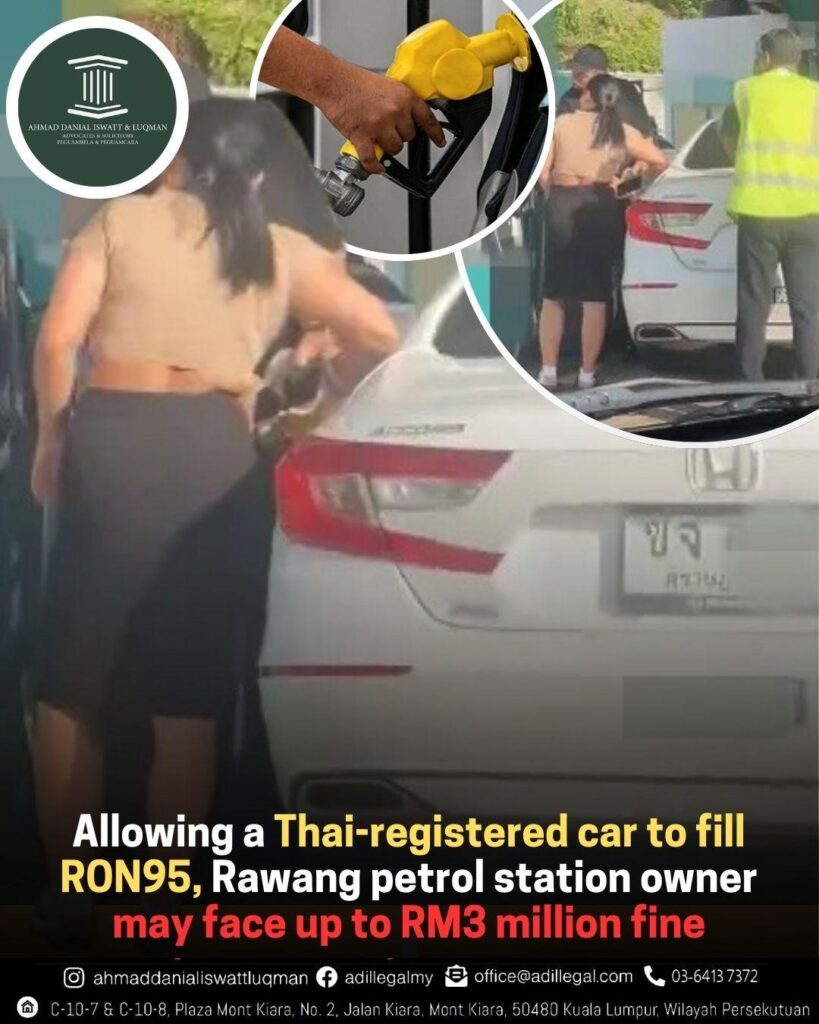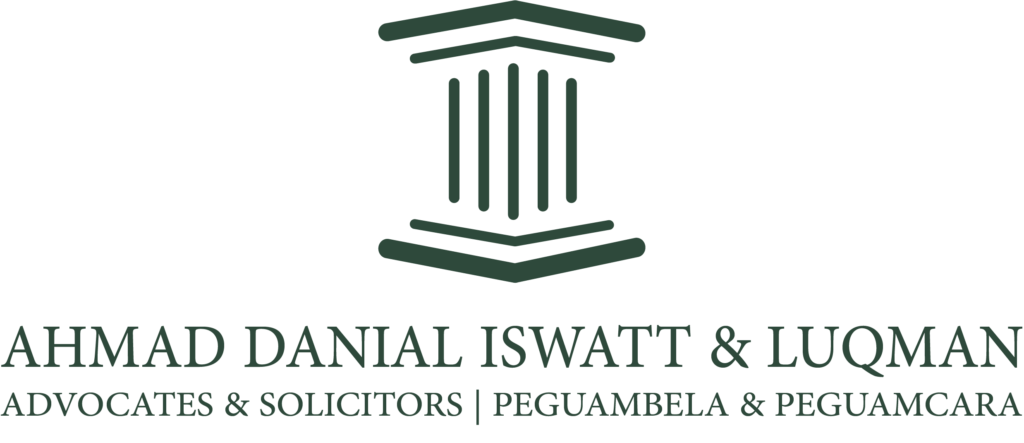
Allowing a Thai-registered car to fill RON95, Rawang fuel station owner may face up to RM3 million fine
One of the biggest perks of being a Malaysian is that our country has one of the lowest prices for petrol and diesel in the region, all thanks to the subsidies put in place by the government. Specifically, the government has continued the policy of blanket-subsidising RON95 and diesel until today, though this will change later this year as the administration introduces a targeted subsidy system, the mechanism of which is yet to be announced.
However, the blanket subsidy has unfortunately resulted in those not eligible for the subsidy, namely foreigners, taking advantage of the cheap fuel prices. Throughout the years, many foreign-registered vehicles have been spotted filling in RON95, with the most recent incident that went viral taking place at a fuel station in Rawang, Selangor.
As shared by the @MALAYSIAVIRALLL X account, a Thai-registered car was not only seen being filled up with RON95 by its owners but the fuel station staff even landed a hand by shaking the foreign couple’s car to make room for more petrol. This is despite it being explicitly prohibited for non-Malaysian registered vehicles from purchasing subsidised fuel in our country, notices of which are plastered in every fuel pump, including at the Rawang fuel station.
After the post went viral, the Ministry of Domestic Trade and Cost of Living (KPDN) said that it hadn’t received any reports from the public regarding the incident. However, KPDN assured that it would be investigating the incident and potentially taking action against the fuel station.
In lieu of the above, what legal actions can be taken against the fuel station for selling subsidised petrol to a non-Malaysian? Well, join us as we delve into the relevant laws and regulations on the matter to find out.
Non-compliance with the ban on the sale of RON95 to foreign-registered vehicles
The most relevant law in this case has got to be the Control of Supplies Act 1961 and the regulations made under the said Act, namely the Control of Supplies Regulations 1974. Section 6 of the Control of Supplies Act 1961 prescribes that the Minister of Domestic Trade and Cost of Living may make regulations generally for carrying the effect the provisions of the Act, which is as follows:
Part 1 of the Schedule of the Control of Supplies Regulations 1974 clearly established that petrol is a “schedule article”, or a controlled article as defined by the Control of Supplies Act 1961:
Accordingly, a controlled article as per Section 2 of the Control of Supplies Act 1961 is defined as any article or food which has been declared to be a controlled article by an order under Section 5 and includes a rationed article. Hence, as per the Minister of Domestic Trade and Costs of Living, RON95 is a controlled article which must adhere to regulations, in this case, the petrol with the RON95 grade can’t be sold to non-Malaysian registered vehicles.
Regulation 12A of the Control of Supplies Regulations 1974 explicitly prescribes that direction by the Controller, in this case, the Minister Domestic Trade and Costs of Living must be complied with:
In addition, Regulation 21(1) of the Regulations stressed that any person who contravenes or fails to comply with any provisions of the Regulations shall be guilty of an offence:
Anyone found guilty of an offence under the Regulations is thus liable to the penalties prescribed under Section 22 of the Control of Supplies Act 1961 below:
Under Section 22(1), should the offender be an individual, including a director or officer of a body corporate, shall on conviction be liable to a fine of up to RM1 million or to imprisonment of up to 3 years or both. Furthermore, should it be a second or subsequent offence, they face up to RM3 million fine or up to 5 years in jail or both.
If the offender is a body corporate, Section 22(2) of the Act prescribes a fine of up to RM2 million and for a second or subsequent offence, a fine of up to RM5 million.
Besides that, under Section 22(3) of the Act, any person who is convicted of an offence under the Act or Regulations may also have their licence cancelled by the court or suspended for a period determined by the court.
With all of the above established, it is apparent that the government views the sale of the subsidised RON95 petrol to non-Malaysian registered vehicles as a serious offence. However, given such an offence is still seemingly prevalent in the country, the issue may lie with the regulation’s lackadaisical enforcement by the relevant authorities
For more insights into the Malaysian legal system such as this, do make sure to follow us on Facebook and Instagram or visit our official website. You can also read our articles on the popular Malaysian news aggregator app Newswav here.










